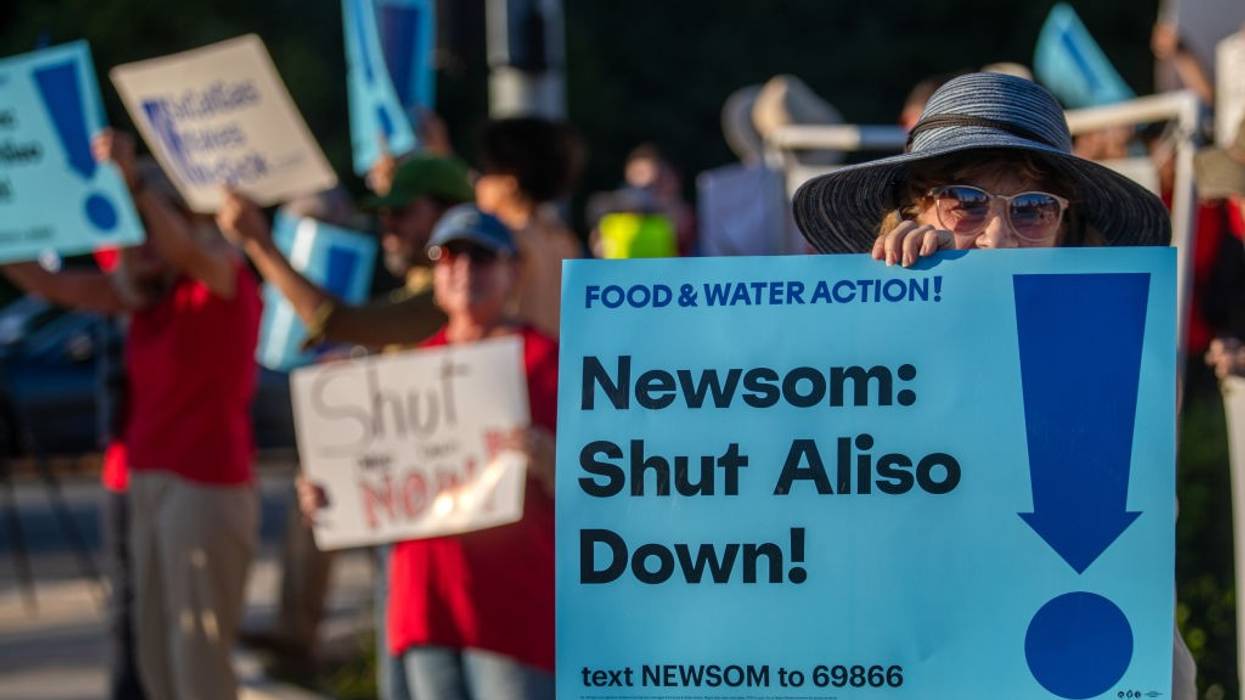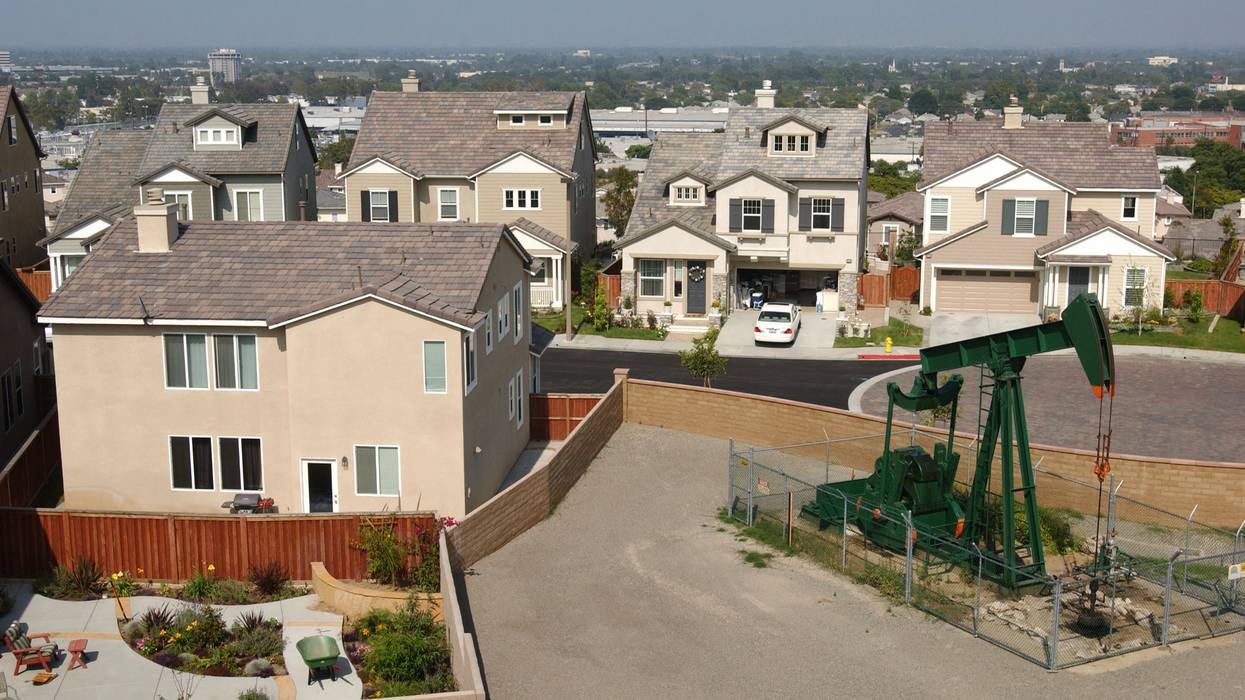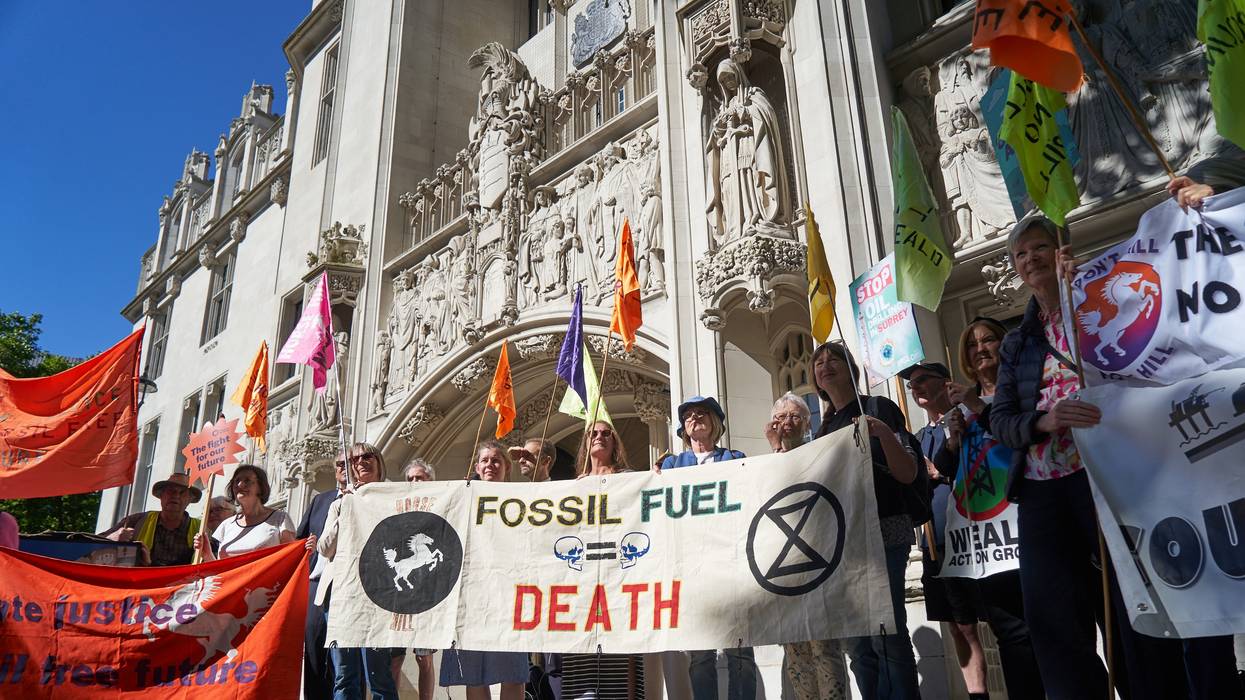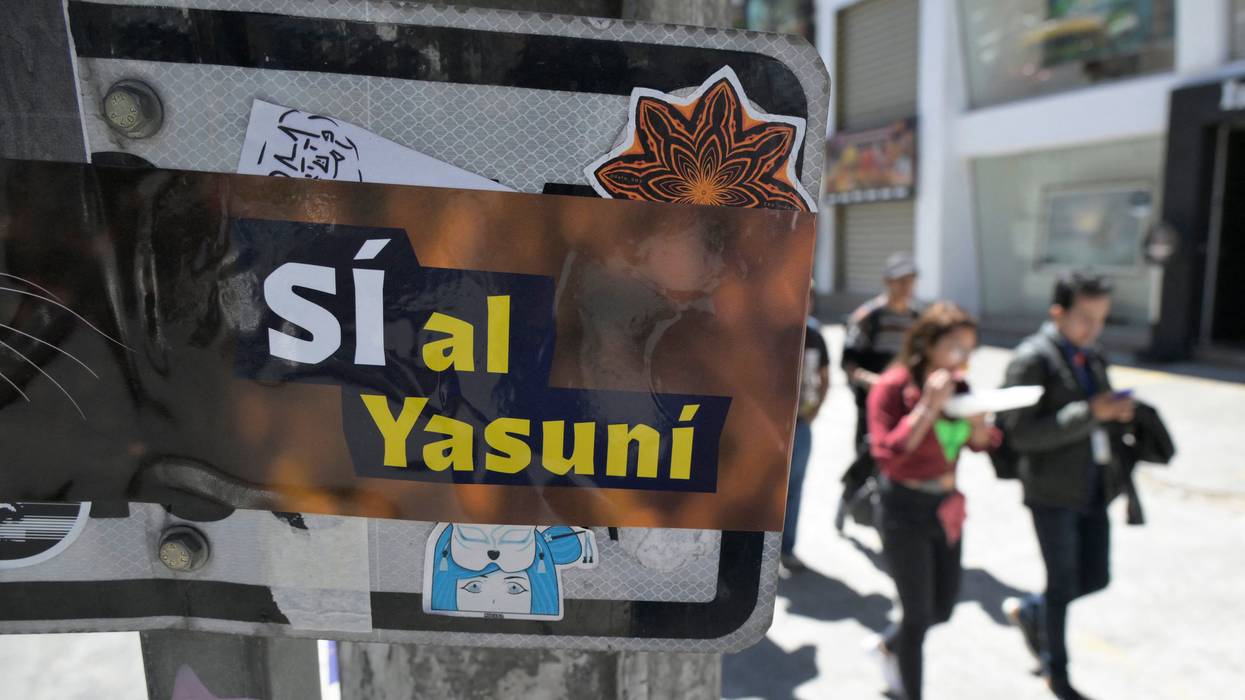Aliso Canyon Gives Newsom a Chance to Prove Himself a Climate Champion
Trump and his “drill baby, drill” agenda poses an existential threat to our climate. We need governors to step up, lead the opposition, and advance bold policies at the state level to protect our people and planet.
The upcoming Trump presidency poses an existential threat to our already fragile climate. Trump has appointed a cabinet filled with climate deniers, and promised to ramp up oil drilling and gut industry regulations. In response, Governor Gavin Newsom has promised to fight Trump and advance climate progress in California.
Gov. Newsom has a national profile and has aspirations for national office. He has a chance to provide much-needed national climate leadership, but to effectively battle Trump and advance a bold agenda; he’ll need to walk back some of his prior positions and fulfill promises that are at odds with the wishes of some of his biggest corporate backers. His first early test will be to fulfill his commitment to shut down Aliso Canyon, site of the largest gas blowout in U.S. history.
No issue more strongly illustrates Newsom’s allegiance to the utility industry than the ongoing saga of Aliso Canyon.
In many ways, Newsom has indeed led on climate. Under his watch the state instituted a 3,200-foot setback between new oil wells and homes, schools and hospitals. Overall new drilling permits have declined, the legislature passed a measure to take on price gouging, and California has finally instituted a fracking ban—something that communities had demanded for years. He has also been outspoken on the national stage, challenging Florida Governor DeSantis over climate policy and generally challenging the oil and gas industry in the press.
Yet Newsom has also taken a number of positions that undermine climate progress. His Public Utilities Commission voted unanimously, for example, to gut incentives for rooftop solar. These incentives are critical for encouraging the deployment of solar across the state. This move has undermined the state’s solar industry and stalled its buildout. Pushing this action were major utilities like PG&E that are undermined by distributed energy generation. Meanwhile, he extended the life of three gas-fired power plants.
Newsom has also embraced a number of projects and programs advanced by the fossil fuel industry that masquerade as climate solutions. These include carbon capture, hydrogen and biogas (gas produced from filthy factory farm waste). The latter was recently a topic of debate before the California Air Resources Board, the vast majority of which were appointed by Newsom. The board voted to continue the state policy of incentivizing biogas under the low-carbon fuel standard program despite strong opposition from environmental groups and frontline communities.
But no issue more strongly illustrates Newsom’s allegiance to the utility industry than the ongoing saga of Aliso Canyon. The 2015 blowout there spewed more than 100,000 tons of methane and toxic chemicals over nearby Los Angeles communities, forcing thousands to temporarily relocate and making many sick. Shortly after being elected, Governor Newsom promised community members that he would “fast track” the closure of Aliso, after former Governor Brown said it should be shuttered by 2027.
Yet Aliso Canyon is operated by SoGalGas, a subsidiary of Sempra Energy, which has been a big backer of Governor Newsom. In all, utilities have donated $241,200 to Newsom’s political campaigns, including $31,200 from Sempra. Despite coming in on a promise to shut down Aliso, Newsom’s Public Utilities Commission has continually expanded its use. On December 19 the commission will be considering a proposal that could keep Aliso Canyon open indefinitely. The CPUC must either continue the proceeding for additional consideration or reject this proposal outright. The only just solution is to shut down Aliso Canyon by 2027.
Trump and his “drill baby, drill” agenda poses an existential threat to our climate. We need governors to step up, lead the opposition, and advance bold policies at the state level to protect our people and planet. Gov. Newsom has a chance to be that leader, but only if he’s able to advance a policy agenda that directly takes on fossil fuel interests and big utilities at all levels, and provides a clear counterweight to what Trump is pushing. This will mean reversing course on rooftop solar, rejecting industry plans like biogas and carbon capture, and—in his next big test—shutting down the dirty and dangerous Aliso Canyon gas storage facility.



